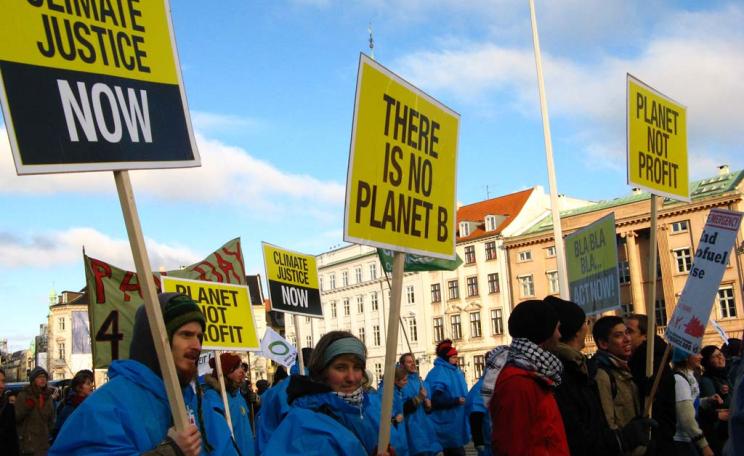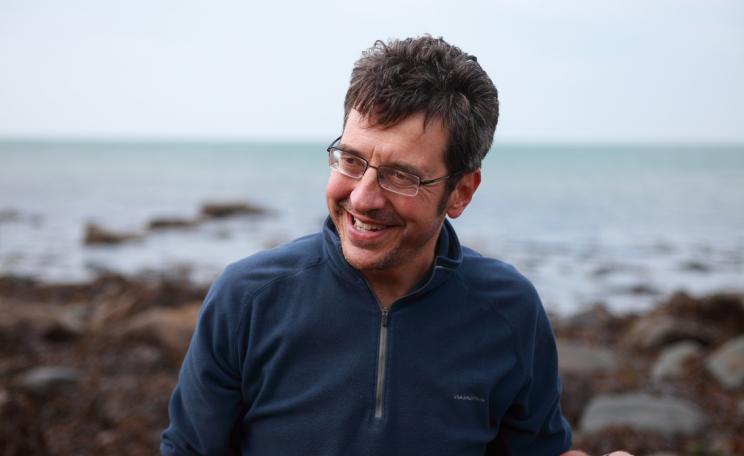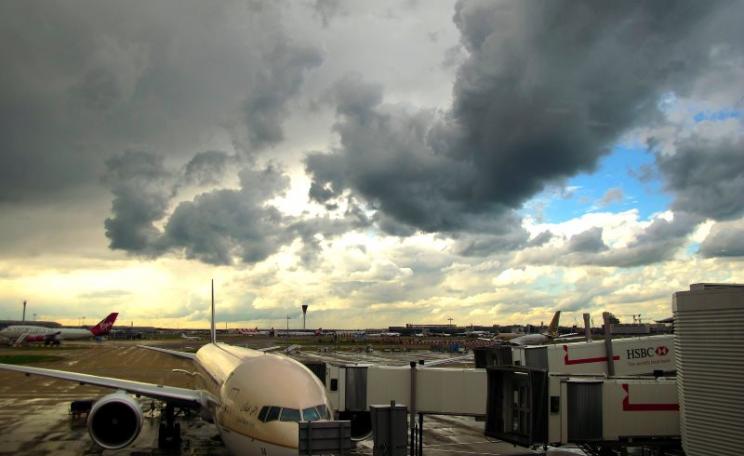-
The national newspaper The Guardian has launched an ambitious year-long project focusing on biodiversity and the variety of life on our planet.
The Age of Extinction will report on our current catastrophic species loss and examine solutions to tackle the wildlife extinction crisis.
The lead interactive story by award-winning foreign correspondent, Dan McDougall, takes readers to the remote research huts of Sermilik ice station in Greenland, where scientists are looking to the smallest of life forms to predict the pace of species extinction.
Environmental reporting
Other stories launched today include an opinion piece by the Guardian’s former environment editor, John Vidal, on the one million plant and animal species threatened with extinction and an in-depth explainer on why biodiversity matters to us.
Tracy McVeigh, editor of foundations and philanthropic projects, said: “It’s no exaggeration to say that most of what is familiar and dear to us in nature is under threat: our food, our water, our wellbeing and our landscape.
"We’ve pushed the natural world to its limits and its emergency is our emergency. One in four species are currently threatened with extinction.
“The Guardian has always been at the very forefront of environmental reporting and The Age of Extinction series is part of our journalistic response to the deepening crisis. With our network of correspondents, photographers and filmmakers around the world, we will showcase the solutions, as well as investigating the problems.”
The Age of Extinction is supported, in part, through grants to theguardian.org by the BAND Foundation, a private family organisation that oversees charitable interests through strategic grant-making, primarily in nature conservation and epilepsy care.
It has also received funding from the Wyss Foundation, which last year committed $1 billion to launch the Wyss Campaign for Nature to expand protected areas and help conserve 30 percent of the planet in a natural state by 2030.
This Article
This article is based on a press release from Guardian News and Media.







